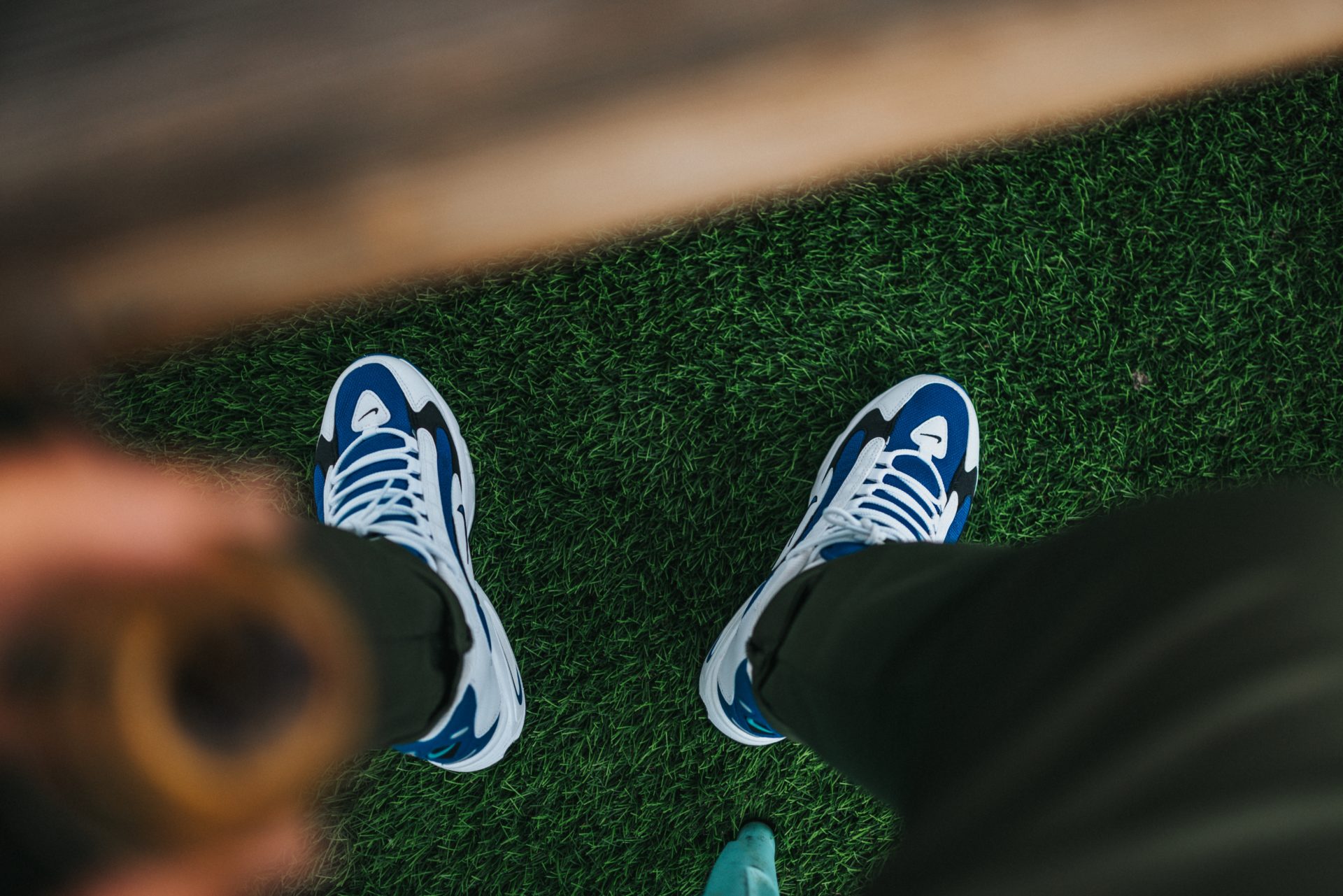In recent years, #HydrationNation has swept across the globe, pushing everyone to keep their water bottles within arm’s reach. Companies have even introduced smart water bottles to track your daily consumption. But the question that lingers at the back of our minds is: how much of this life-giving liquid is too much?
The Unexpected Rise of the Hydration Craze
Water has indeed become trendier than ever, with a special shout out to WaterTok on TikTok, the hashtag encouraging millions to consume more agua. From offices to gyms, you see people toting enormous water bottles like a badge of honor and sharing their hydration journey online. But what is driving this popularity?
The Thirst for More: How to Understand Your Hydration Needs
The answer to this isn’t as straightforward as we wish. Several factors such as age, gender, weight, physical activity, and even the climate you live in impact your body’s water requirements. You may be familiar with the 8×8 rule – drink eight 8-ounce glasses of water per day. While it is a good starting point, it’s very much a one-size-fits-all approach and may not be ideal for everyone.
Common Signs of Dehydration
- Increased Thirst: Feeling parched often? Your body may be telling you to drink more water.
- Dry Mouth: You may need extra hydration if your mouth feels like a desert.
- Decreased Urination: Not visiting the loo as frequently as usual can be a sign.
- Dark Yellow Urine: If your urine is dark yellow or amber, up your fluid intake.
- Headaches: Lack of water can sometimes trigger headaches.
The Perils of Overhydration: Is There Such a Thing as Too Much?
Now to the crux of the matter: Is it possible to guzzle too much H2O? Medical professionals and trainers what we like to call: overhydration or water intoxication. While it’s uncommon, it is possible, especially in cases where one drinks a lot of water in a short time span.
Signs of Overhydration
- Headaches
- Nausea and vomiting
- Mental disorientation or confusion
- Seizures and, in extreme cases, even coma or death
The Art of Smart Hydration: Tips and Tricks
So, how do we balance our hydration needs without crossing into overhydration territory? Here are some tips:
- Sip, Don’t Gulp: Sip water throughout the day rather than consuming large amounts in one go.
- Vary Your Fluids: Natural juices, milk, herbal teas, and yes, even coffee, count towards your hydration total. Just remember to keep an eye on the sugar content.
- Listen to Your Body: Your body knows what it needs. Listen to its cues for optimal health.
he Art of Hydrating Safely
Firstly, there’s no one-size-fits-all schedule for sipping water. A good rule of thumb is to aim for those 8 glasses, spreading it over the day, and adding an extra dose after workouts or sweaty activities. Opt for beverages socked with electrolytes like natural coconut water to replenish lost salts and maintain internal harmony.
Why do I still feel like a dried-up raisin?
If thirst seems to be your perpetual state, hands down, it’s time for a checkup. Conditions like diabetes can make you thirsty all the time. Plus, guzzling plain filtered water might not cut it; our bodies need those crucial electrolytes, remember?
So there you have it! It’s time to rethink before you refill that bottle the umpteenth time. As the age-old wisdom goes, ‘Too much of anything is good for nothing’.
Chronic Thirst: When Should You Worry?
Feeling parched despite downing loads of water? This could indicate underlying health issues such as diabetes. Besides, our bodies not only need water but electrolytes too. If you are sweating a lot or consuming large quantities of water, consider including a drink with electrolytes to your routine.
Smart Hydration or Overhydration: What’s Your Take?
Ultimately, the key to good health lies in moderation and listening to your body’s cues. So, the next time you reach for your water bottle, remember, too much of a good thing can sometimes be harmful. As you navigate your hydration journey, just remember – keep it balanced, keep it smart!
FAQs
1. What happens when you drink too much water too fast?
Drinking too much water too quickly can lead to water intoxication. This serious condition occurs when the amount of salt and other electrolytes in your body become too diluted.
2. How do I know if I am drinking too much water?
Signs of overhydration include nausea, headaches, confusion, seizures, and in extreme cases even coma or death.
3. How to avoid overhydration?
Drink water when you are thirsty, and not excessively. Keep an eye on the color of your urine- if it’s light yellow or clear, you’re drinking a healthy amount of water.
4. Is there a need to consciously calculate fluid intake?
In general, our bodies are pretty adept at regulating fluid balance. Listen to your body’s cues, it will generally let you know when you need more fluids.
5. Aside from water, how can I maintain my hydration level?
Besides water, eat fruits and vegetables high in water content such as cucumbers and watermelons. Juice, Milk, and herbal teas also contribute to your daily fluid intake.
6. What are some quick signs of dehydration?
Darker urine, dry skin, fatigue, and headaches are some common signs. However, mild dehydration can be reversed by drinking more fluids.
7. Can electrolyte-enhanced water cause harm?
While electrolytes are crucial for various bodily functions, an overload could cause harm. Stick to water or natural resources of electrolytes like fruits and vegetables unless recommended by your doctor.
In a world obsessed with the “more is better” mentality, let’s pledge to make moderation our motto. Whether guzzling water or gulping life experiences, balance is the key!


